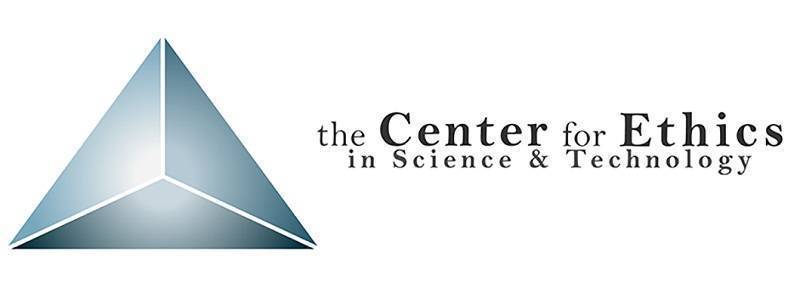Oct 2, 2019–Oct 2, 2019 from 5:00pm–7:00pm
If Researchers Find A Tumor, Should They Tell You?

Overview: Research imaging studies, including MRI and CT scans, may provide different information than the imaging performed for clinical care. For instance, a liver MRI using research sequences could be more sensitive at detecting tumors than a standard study. As a result, a patient might no longer qualify for surgery according to the research study. However, information derived from research sequences may not be clinically accurate. Hence the need to conduct a thorough investigation and compare against a gold standard (e.g. a surgical result). Should patients and physicians be made aware of research results if they are not verifiably accurate? Guest Speaker: Dr. Kathryn Fowler, M.D., Associate Professor Of Clinical, Radiology at UC San Diego. Dr. Fowler was born and raised in Wisconsin, she attended the University of South Carolina for her undergraduate studies, majoring in biology and medical humanities. She attended the University of Wisconsin School of Medicine in Madison. She then completed her radiology training and a fellowship in Body MRI at Washington University School of Medicine, Mallinckrodt Institute of Radiology. She served as a faculty member in the abdominal imaging section, was the Director body MRI and as a Medical Director overseeing PET/MRI and MRI for the Center for Clinical Imaging Research from 2011-2018. She joined the faculty at UCSD in 2018 and now serves as co-PI of the LIG and as Director of Body MRI. Her research has primarily focused on liver imaging, advanced MRI applications, and PET/MRI. She is active in many societies and currently serves as a Deputy Editor for Radiology. She enjoys spending time with her family and pets, reading fiction, crossfit, and being active outdoors.
Date and Time
Oct 2, 2019–Oct 2, 2019
from 5:00pm–7:00pm
Location
Fleet Science Center, Balboa Park
Event Registration
Registration for this event is required
by .
Visit the registration page for details.
Event Fee
Free
Contact
Center for Ethics in Science and Technology • info@ethicscenter.net • 858-822-2647
Audience
Faculty, Staff, Students, The General Public
Event Host
Center for Ethics in Science and Technology